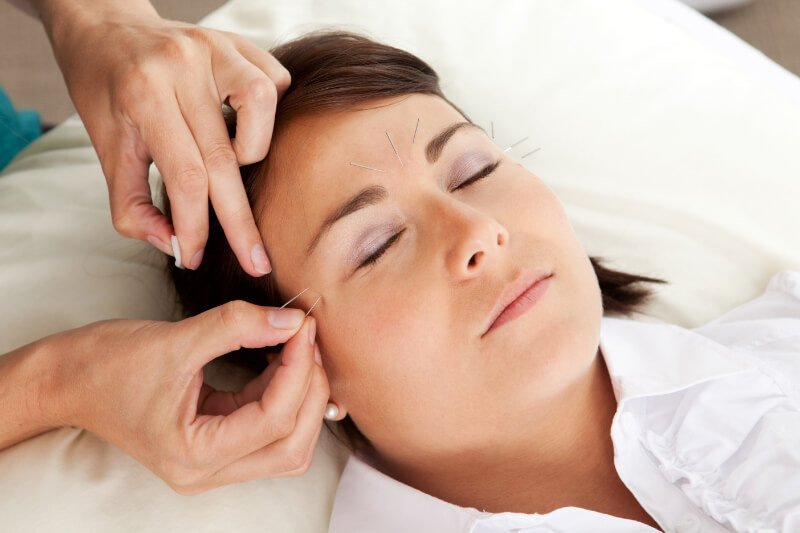Should you consider alternative therapies for fertility?
It’s not surprising that when women struggle to get pregnant they may consider any number of options to improve their fertility, including complementary therapies.
I would categorise alternative therapies under a broad umbrella, including acupuncture, Chinese herbal medicine (CHM), Western herbal medicine and homeopathy, hypnosis, meditation, chiropractic and osteopathy, and reflexology.
But as a fertility specialist, I have to advise patients that there is scant evidence that any such therapies reduce infertility and there are always potential risks to consider.
Comparing the science and alternative therapies
Before recommending a course of treatment, our Perth clinic will assess the evidence, so let’s consider what the research into complementary therapies for fertility shows. A randomised controlled trial into acupuncture was carried out on 84 women with polycystic ovarian syndrome. The women either received acupuncture or fake treatment. The results found no difference in ovulation and pregnancy rates. (True and sham acupuncture produce similar frequency of ovulation and improved LH to FSH ratios in women with polycystic ovary syndrome, Pastore LM et al, J Clin Endocrinol Metab, 2011).
Another randomised controlled trial on the effects of homeopathy studied 67 women with amenorrhea or oligomenorrhea associated infertility and yet again found no difference in outcomes. (The efficacy of the complex medication Phyto-Hypophyson L in female, hormone-related sterility. A randomized, placebo-controlled clinical double-blind study, Bergmann J et al, Forschende Komplementarmedizin und Klassische Naturheilkunde, 2010). And despite some suggestions that CHM may improve fertility, many studies remain inconclusive. (The role of complementary therapies and medicines to improve fertility and emotional well-being, The Fertility Society of Australia).
Complementary therapies for fertility vs wellness for fertility
Taking steps to manage fertility
If you are taking or considering complementary therapies to help with your fertility, it’s always advisable to discuss these with your fertility specialist. It’s important to know whether any alternative therapies could interfere with fertility treatments, for example.
You should also ask your fertility specialist to check whether your blood work shows any deficiencies, such as low iron, which can be linked to infertility. Visit our Perth clinic to learn more about your health and wellness and steps you can take to improve your fertility.
Useful links
Read about other Fertility related problems and other challenges on your fertility journey that I can assist with.
- How can I increase my fertility? Tips about optimising your natural fertility
- What vitamins should I take for fertility? Prenatal vitamin advice by Perth Dr Tamara Hunter

